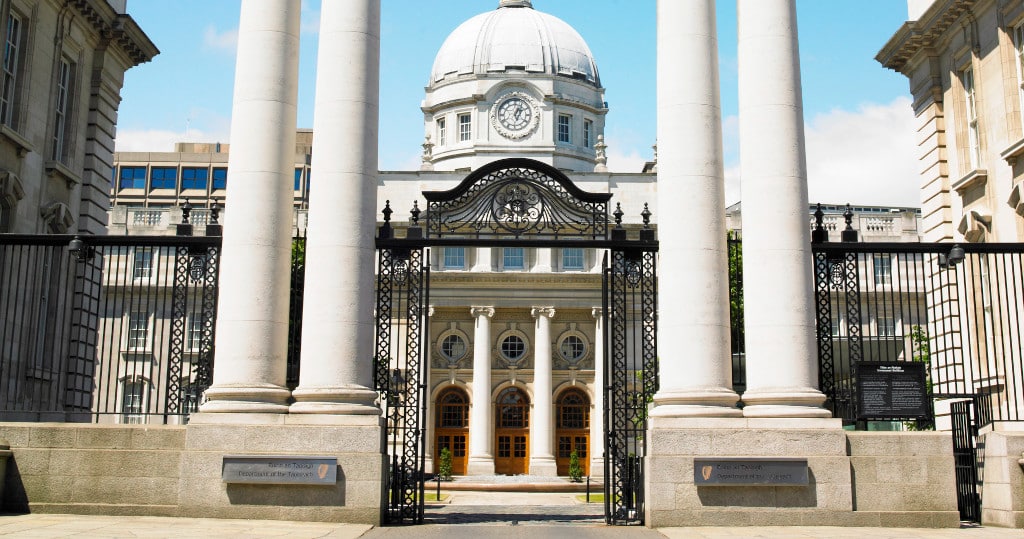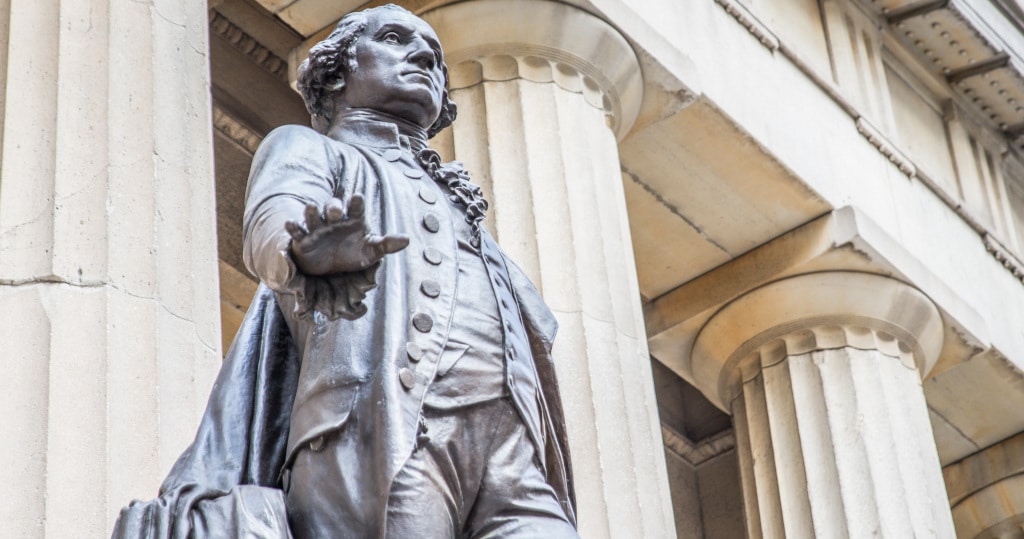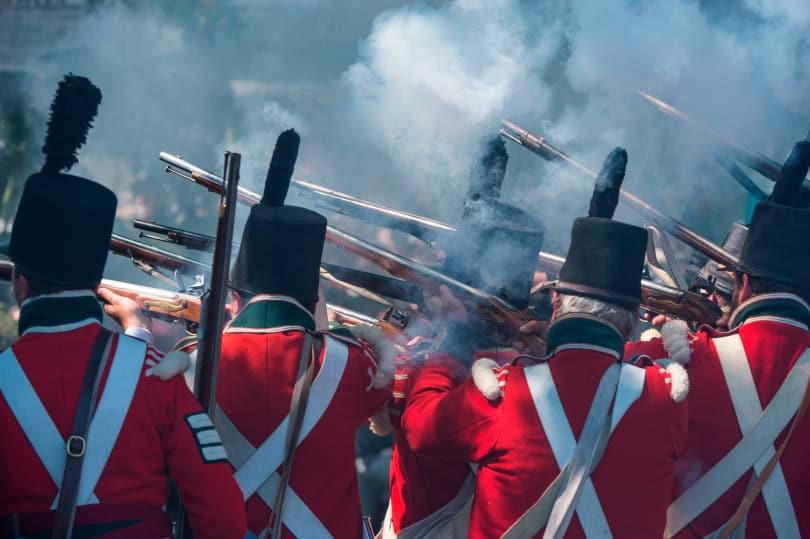Table of Contents
ToggleSources
- https://www.whitehousehistory.org/the-white-house-construction
The White House Historical Association provides authoritative information on the construction and history of the White House, including details about its original design and subsequent modifications. - https://www.nps.gov/whho/learn/historyculture/index.htm
The National Park Service's page on the White House offers reliable historical context, including the Residence Act of 1790, the construction timeline, and key events like the War of 1812. - https://www.archives.gov/publications/prologue/2006/winter/whitehouse.html
The National Archives provides detailed historical records and articles about the White House, including its construction, early occupants, and significant renovations. - https://www.smithsonianmag.com/history/the-white-house-burns-922734/
Smithsonian Magazine offers an in-depth article about the burning of the White House during the War of 1812, which is relevant to understanding the building's early destruction and reconstruction. - https://www.loc.gov/item/2011631933/
The Library of Congress provides primary source materials, including historical documents and images related to the White House's construction and evolution over time.
Key Points
- Construction of the White House began in 1792 and was completed in 1800, ready for its first occupants.
- The Residence Act of 1790 allowed President George Washington to choose the site for the new presidential residence at 1600 Pennsylvania Avenue, though he never lived there.
- The design of the White House was chosen through a contest, with Irish-born architect James Hoban winning with plans inspired by Leinster House in Dublin.
- President John Adams and his wife were the first to move into the White House in 1800, although the building was still unfinished.
- The White House was significantly damaged during the War of 1812 when British forces burned much of the wooden structure, leaving only the stone walls intact.
- The Oval Office and West Wing were not part of the original plans; the Oval Office was added in 1909 and the West Wing in 1934.
- A fire in 1929 caused significant damage to the Oval Office and West Wing, leading to further renovations.
- By 1948, many original structural elements were deemed unsound, prompting President Harry Truman to oversee major renovations.
- The White House has undergone numerous changes and renovations over the years, making it vastly different from its original 1792 design.
- The name 'White House' became official in 1901 under President Franklin Delano Roosevelt, replacing previous names like the President's Palace and Executive Mansion.
Summary
The White House was built between 1792 and 1800, with John Adams becoming its first resident, though much of the original structure has been altered or rebuilt over time. Key changes include reconstruction after the British burned it in 1812, additions like the Oval Office and West Wing, and major renovations under President Truman in the 1940s. Today, the White House remains a symbol of the U.S. presidency, blending historical significance with continuous modernization.
The founding of Washington, D.C., in 1790 to serve as the new capital of the United States saw the development of the necessary infrastructure to serve its government. This included a residence for the president.
So, when was the White House built, who was the first to live there, and is it all still original?

Get Smarter on US News, History, and the Constitution
Join the thousands of fellow patriots who rely on our 5-minute newsletter to stay informed on the key events and trends that shaped our nation's past and continue to shape its present.
When was the White House built?
Construction of the White House began in 1792 and it was ready for its first occupants in 1800.
It is one of the most recognizable buildings in the nation’s capital. But this wasn’t always the case. The building has undergone many structural changes over the years, meaning that little of the original building remains.
Washington’s Plans To Build a New Residence in Washington
Philadelphia was the nation’s capital until 1800 and is rightly regarded as the nation’s birthplace.

However, the government created a new capital to better represent the nation. The Residence Act of 1790 saw northern and southern representatives reach a compromise on its location on a reclaimed land area along the Potomac River.
This act also granted President George Washington the power to choose the area of the president’s new residence. He picked the site we are all familiar with at 1600 Pennsylvania Avenue, although the area greatly differed from the city we know today.
Although he was influential in deciding on the location of the new residence, Washington would never live there. The construction of the building took eight years, by which point Washington had already died.
Design of the White House
The plans for the design of the White House resulted from a contest to what the best architects could come up with.

Some proposals were lavish and would have taken up far more of the presidential estate than the final plans. There was even a submission from future president Thomas Jefferson.
The winning design came from an Irish-born architect, James Hoban, who had traveled to D.C. at President Washington’s request. The plans were inspired by Leinster House in Dublin. Holban received $500 and land for his work, around $16,000 today.
Recently, designers created computer-generated renderings of some of the rejected plans to showcase what the building could have looked like. This would not have happened without the careful preservation of the original documents by the Maryland Center for History and Culture.
Construction Commenced in 1792
The construction of this new building began in 1792, with the first cornerstone laid on October 13th. It was a long process due to the monumental scale of the building for the era.

Eventually, on November 1st, 1800, President John Adams and his wife could move in, although the building was still unfinished.
During this process, workers added a lime-based whitewash to the sandstone walls. This finishing touch gives the building the clean white look that allows for its name.
However, this name didn’t become official until President Franklin Delano Roosevelt made it so in 1901. Previously, it had been known as the President’s Palace, President’s House, and the Executive Mansion.
Changes to the White House Since Its Completion
Although we can say that every president since George Washington has resided at 1600 Pennsylvania Avenue, we can’t say that they have all been in the same building.

Many presidents changed the structure over time, improving its functionality and potential as a government office and place of residence.
Also, a combination of disaster and old age has led to a need for significant repairs and restructuring. As a result, much of what we know of the White House today does not resemble the 1792 plans.
The Impact of the War of 1812
America found itself at war again with Great Britain again not long after the War of Independence and the founding of the new capital. By 1812, the 4th president, President James Madison, was leading the country.
The White House experienced significant damage during an invasion of Washington, with the British burning much of the wooden structure to the ground.

Government workers were able to save the stone walls, but almost everything flammable inside was lost. So, no future presidents could say they served in the same rooms as their predecessors.
The Oval Office and West Wing
Neither of these famous aspects of the White House was part of the original plans and took a long time to become features of the famous structure.
President William Howard Taft oversaw the construction of the Oval Office in 1909. Jefferson is said to have wanted a section of the White House in the style of the West Wing, but it wasn’t completed until 1934, while Franklin Roosevelt was in office.
Fire and Disrepair in the 20th Century
In 1929, a fire broke out in those fairly new areas of the White House. The Oval Office sustained significant damage, so many original elements aren’t part of the office today.

The fire also spread to a lot of the West Wing, leading to a need for further renovations and modernization there.
Of course, some areas of this old presidential building have fallen into disrepair and needed replacing over time.
The extent of this is surprising for a nationally important building housing the nation’s leader.
By 1948, many original structural elements were deemed unsound, and there was the suggestion of condemning the building and starting over. Instead, President Harry Truman insisted on temporarily moving out and allowing for renovations.
An Ever-Evolving Building
These changes show that when we answer the question of when was the White House built, there are two ways to do so.

While there is a concrete completion date for the first building where President John Adams was able to move in, that building does not resemble the one we know today.
It has been rebuilt, repaired, and modified significantly, especially in the 20th century, and could see further changes.
When Was the White House Built? Quiz
Frequently Asked Questions
When was the White House built?
Who was the first president to live in the White House?
Is the current White House the same as the original building?
Who designed the White House?
When did the White House get its official name?
How useful was this post?
Click on a star to rate it!
Average rating / 5. Vote count:
No votes so far! Be the first to rate this post.
We are sorry that this post was not useful for you!
Let us improve this post!
Tell us how we can improve this post?







